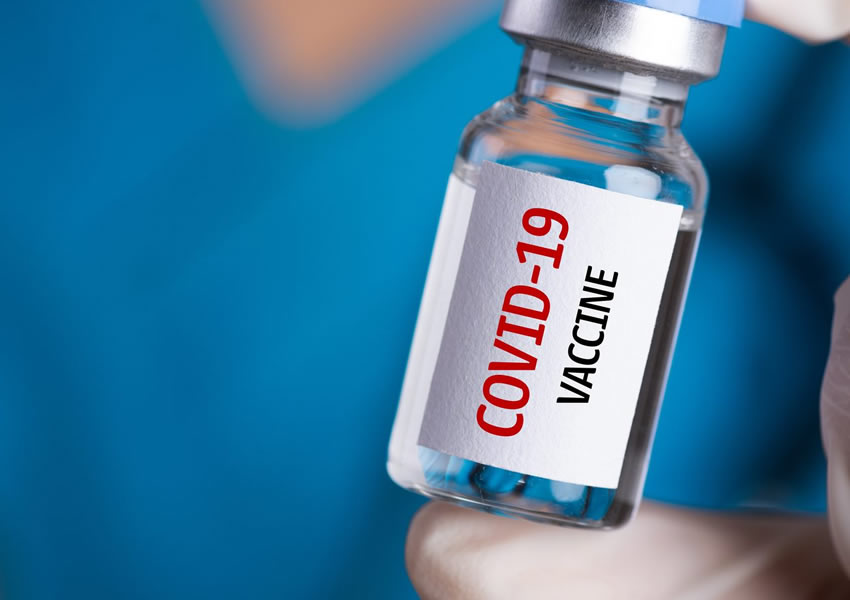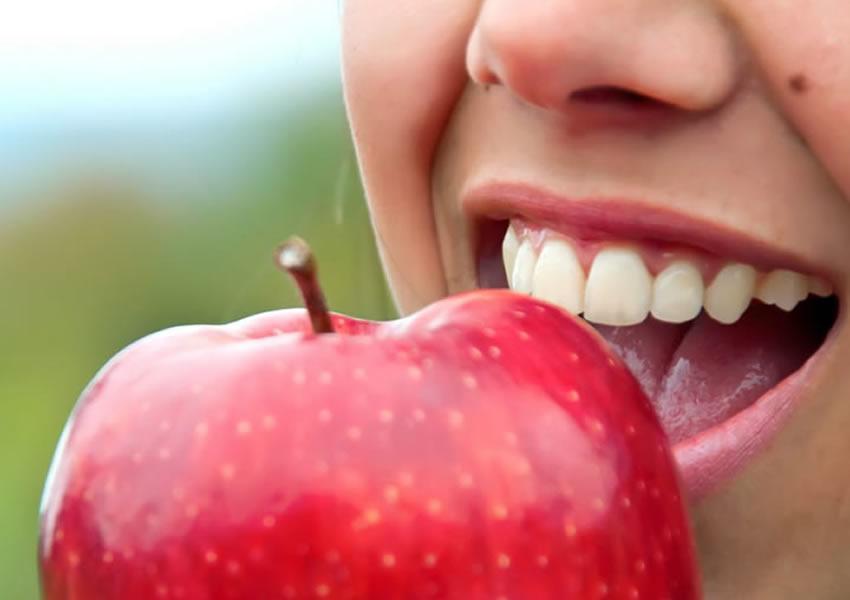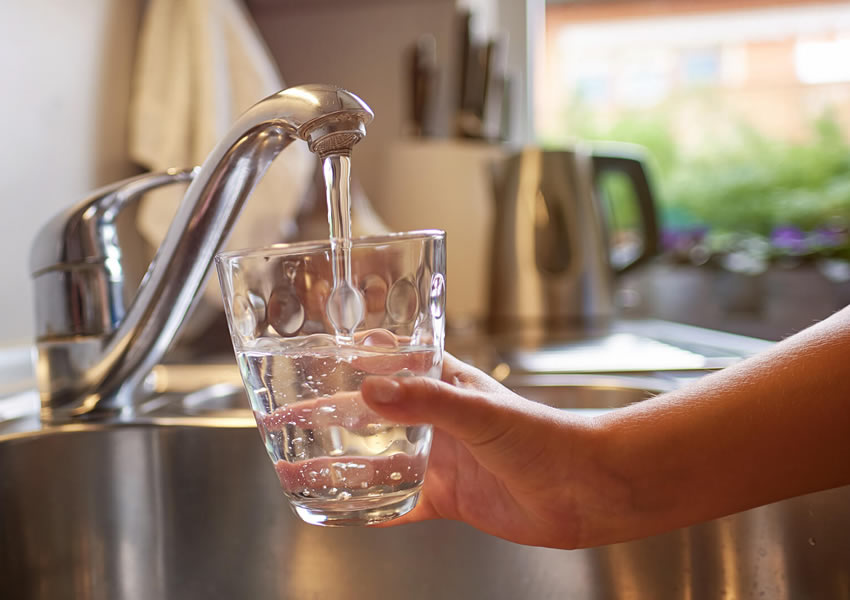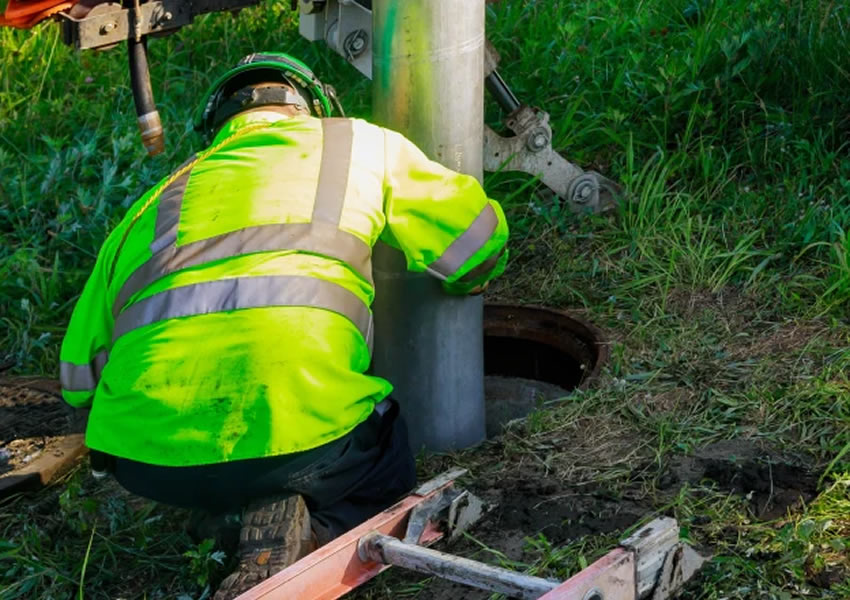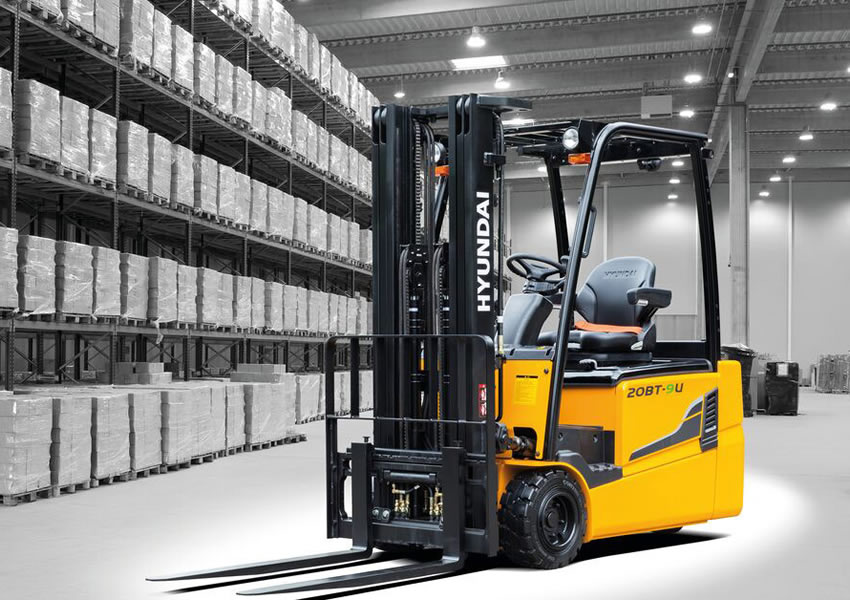Is there a vaccine for COVID-19?
Yes there are now several vaccines that are in use. The first mass vaccination programme started in early December 2020 and as of and as of 15 February 2021, 175.3 million vaccine doses have been administered. At least 7 different vaccines (3 platforms) have been administered.
WHO issued an Emergency Use Listing (EULs) for the Pfizer COVID-19 vaccine (BNT162b2) on 31 December 2020. On 15 February 2021, WHO issued EULs for two versions of the AstraZeneca/Oxford COVID-19 vaccine, manufactured by the Serum Institute of India and SKBio. WHO is on track to EUL other vaccine products through June.
The products and progress in regulatory review by WHO is provided by WHO and updated regularly.
Once vaccines are demonstrated to be safe and efficacious, they must be authorized by national regulators, manufactured to exacting standards, and distributed. WHO is working with partners around the world to help coordinate key steps in this process, including to facilitate equitable access to safe and effective COVID-19 vaccines for the billions of people who will need them.
When will COVID-19 vaccines be ready for distribution?
The first COVID-19 vaccines have already begun to be introduced in countries. Before COVID-19 vaccines can be delivered:
- The vaccines must be proven safe and effective in large (phase III) clinical trials. Some COVID-19 vaccine candidates have completed their phase III trials, and many other potential vaccines are being developed.
- Independent reviews of the efficacy and safety evidence is required for each vaccine candidate, including regulatory review and approval in the country where the vaccine is manufactured, before WHO considers a vaccine candidate for prequalification. Part of this process also involves the Global Advisory Committee on Vaccine Safety.
- In addition to review of the data for regulatory purposes, the evidence must also be reviewed for the purpose of policy recommendations on how the vaccines should be used.
- An external panel of experts convened by WHO, called the Strategic Advisory Group of Experts on Immunization (SAGE), analyzes the results from clinical trials, along with evidence on the disease, age groups affected, risk factors for disease, programmatic use, and other information. SAGE then recommends whether and how the vaccines should be used.
- Officials in individual countries decide whether to approve the vaccines for national use and develop policies for how to use the vaccines in their country based on the WHO recommendations.
- The vaccines must be manufactured in large quantities, which is a major and unprecedented challenge – all the while continuing to produce all the other important life-saving vaccines already in use.
- As a final step, all approved vaccines will require distribution through a complex logistical process, with rigorous stock management and temperature control.
WHO is working with partners around the world to accelerate every step of this process, while also ensuring the highest safety standards are met. More information is available here.
Will COVID-19 vaccines provide long-term protection?
Because COVID vaccines have only been developed in the past months, it’s too early to know the duration of protection of COVID-19 vaccines. Research is ongoing to answer this question. However, it’s encouraging that available data suggest that most people who recover from COVID-19 develop an immune response that provides at least some period of protection against reinfection – although we’re still learning how strong this protection is, and how long it lasts.
How quickly could COVID-19 vaccines stop the pandemic?
The impact of COVID-19 vaccines on the pandemic will depend on several factors. These include the effectiveness of the vaccines; how quickly they are approved, manufactured, and delivered; the possible development of other variants and how many people get vaccinated
Whilst trials have shown several COVID-19 vaccines to have high levels of efficacy, like all other vaccines, COVID-19 vaccines will not be 100% effective. WHO is working to help ensure that approved vaccines are as effective as possible, so they can have the greatest impact on the pandemic.
What types of COVID-19 vaccines are being developed? How would they work?
Scientists around the world are developing many potential vaccines for COVID-19. These vaccines are all designed to teach the body’s immune system to safely recognize and block the virus that causes COVID-19.
Several different types of potential vaccines for COVID-19 are in development, including:
- Inactivated or weakened virus vaccines, which use a form of the virus that has been inactivated or weakened so it doesn’t cause disease, but still generates an immune response.
- Protein-based vaccines, which use harmless fragments of proteins or protein shells that mimic the COVID-19 virus to safely generate an immune response.
- Viral vector vaccines, which use a safe virus that cannot cause disease but serves as a platform to produce coronavirus proteins to generate an immune response.
- RNA and DNA vaccines, a cutting-edge approach that uses genetically engineered RNA or DNA to generate a protein that itself safely prompts an immune response.
For more information about all COVID-19 vaccines in development, see this WHO publication, which is being updated regularly.
Will other vaccines help protect me from COVID-19?
Currently, there is no evidence that any other vaccines, apart from those specifically designed for the SARS-Cov-2 virus, will protect against COVID-19.
However, scientists are studying whether some existing vaccines – such as the Bacille Calmette-Guérin (BCG) vaccine, which is used to prevent tuberculosis – are also effective for COVID-19. WHO will evaluate evidence from these studies when available.
What are the benefits of getting vaccinated?
The COVID-19 vaccines produce protection against the disease, as a result of developing an immune response to the SARS-Cov-2 virus. Developing immunity through vaccination means there is a reduced risk of developing the illness and its consequences. This immunity helps you fight the virus if exposed. Getting vaccinated may also protect people around you, because if you are protected from getting infected and from disease, you are less likely to infect someone else. This is particularly important to protect people at increased risk for severe illness from COVID-19, such as healthcare providers, older or elderly adults, and people with other medical conditions.
How will we know if COVID-19 vaccines are safe?
Ensuring the safety and quality of vaccines is one of WHO’s highest priorities. WHO works closely with national authorities to ensure that global norms and standards are developed and implemented to assess the quality, safety and efficacy of vaccines.
The process to develop COVID vaccines is fast-tracked while maintaining the highest standards: Given the urgent need to stop the pandemic, pauses between steps, often needed to secure funding, have been shortened, or eliminated, and in some cases, steps are being carried out in parallel to accelerate the process, wherever that is safe to do. COVID-19 vaccine developers have issued a joint pledge not to seek government approval for their vaccines until they’ve been proven to be safe and effective.
There are many strict protections in place to help ensure that COVID-19 vaccines are safe. Like all vaccines, COVID-19 vaccines are going through a rigorous, multi-stage testing process, including large (phase III) trials that involve tens of thousands of people. These trials, which include some groups at high risk for COVID-19 (certain groups like pregnant and lactating women were not included in vaccine trials), are specifically designed to identify any common side effects or other safety concerns.
Once a clinical trial shows that a COVID-19 vaccine is safe and effective, a series of independent reviews of the efficacy and safety evidence is required, including regulatory review and approval in the country where the vaccine is manufactured, before WHO considers a vaccine product for EUL or prequalification. EUL or Prequalification verifies to those countries that would want to procure a particular vaccine that there has been an assurance by WHO that the regulatory review process, usually in the country of manufacture, has held up to the highest standards. Part of this process also involves a review of all the safety evidence by the Global Advisory Committee on Vaccine Safety.
An external panel of experts convened by WHO analyzes the results from clinical trials, along with evidence on the disease, age groups affected, risk factors for disease, and other information. The panel recommends whether and how the vaccines should be used. Officials in individual countries decide whether to approve the vaccines for national use and develop policies for how to use the vaccines in their country based on the WHO recommendations.
After a COVID-19 vaccine is introduced, WHO supports work with vaccine manufacturers, health officials in each country, and other partners to monitor for any safety concerns on an ongoing basis.
